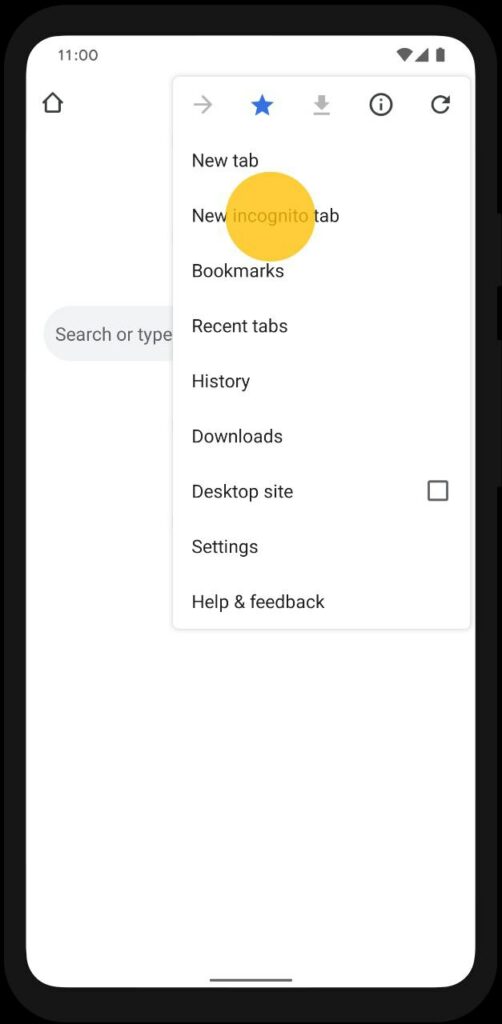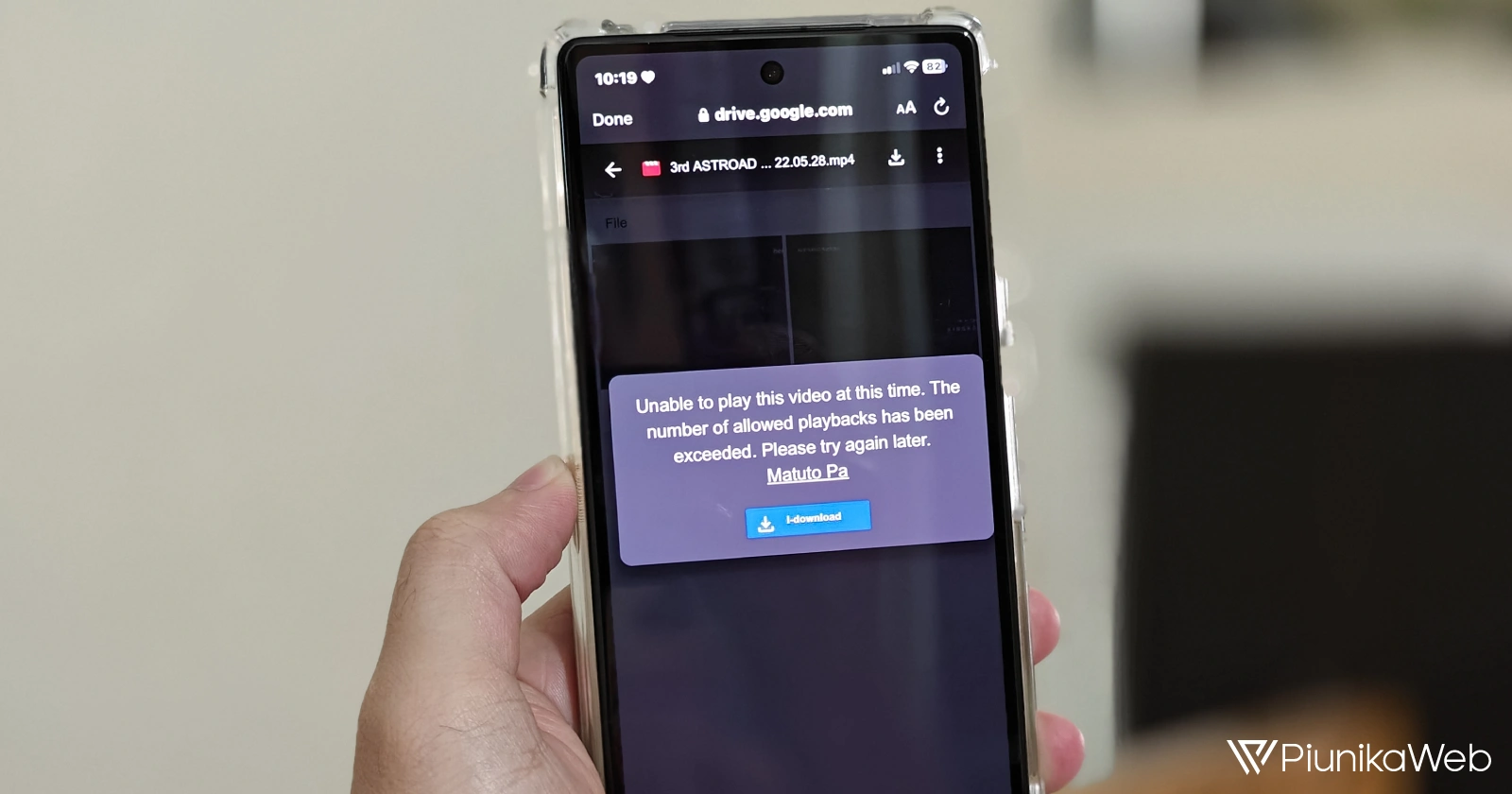Google has reached a settlement in a massive $5 billion lawsuit, resolving accusations that the tech giant improperly tracked the personal data of millions of people using its Chrome browser’s incognito mode. This development is particularly significant for Google Pixel users who frequently utilize Google Chrome for their browsing needs.
Lawyers for both Google and the plaintiffs confirmed the signed agreement awaiting final approval by a federal judge. Both sides remained tight-lipped about the financial terms, leaving many wondering if the settlement truly reflects the alleged harm. The lawsuit claimed Google used analytics and other tools to track user activity even when users believed they were browsing privately in incognito mode, building a vast private data pool ranging from innocent shopping habits to potentially sensitive browsing topics. While Google denied wrongdoing, the lawsuit threatened a significant blow to user trust and potentially costly legal consequences.
For Google Pixel users, the picture is even more unclear. While Chrome usage on Pixel devices is substantial, it’s unclear if the settlement specifically covers these users or lumps them under the broader Chrome user base. Pixel users, after all, benefit from deeper integration with Google services, raising questions about potential data sharing practices beyond standard Chrome tracking.

Even with the settlement in place, Google’s legal troubles are far from over. Antitrust cases targeting the Google Play Store loom large, with potential remedies including business practice changes. But the recent $700 million settlement with US states over some of these app store concerns offered some relief.
This $5 billion settlement marks a significant milestone, but Google Chrome users, particularly those concerned about incognito privacy, have reasons to remain cautious. Until the full details emerge and further clarity is provided, the question of whether this settlement truly protects privacy, especially for Pixel users who are deep into the Google ecosystem, remains unanswered.
Nevertheless, staying vigilant and demanding transparency from tech giants like Google is crucial in safeguarding our online privacy in the years to come. While Google has not put out an official statement, this settlement marks a significant development, potentially impacting millions of Google Pixel users who rely on Google Chrome for their browsing activities.



